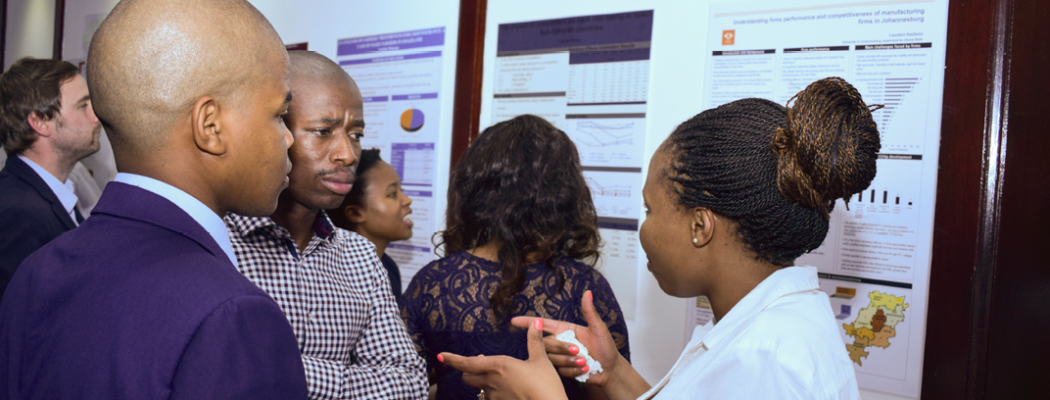SA-TIED Seminar on skills polarization in the South African labour market
On 09 June the SA-TIED programme will host an online seminar on skills polarization in the South African labour market. The presentation will be given by Rob Davies and Dirk van Seventer under the SA-TIED project work stream on Public revenue for inclusive development.
This presentation is based on the following working papers:
Labour market polarization in South Africa - A decomposition analysis
By Rob Davies and Dirk van Seventer
Presented by Rob Davies and Dirk van Seventer
Abstract:
There is evidence from developed countries that technical change affects not only the employment intensity of production, but also the occupational composition of employment. The use of artificial intelligence, automation, and robots has changed the skills composition of employment. A range of ‘routine’ tasks are being replaced by machines which has led to polarization: a relative increase in higher level and in lower level jobs. This paper is concerned with examining the extent to which labour market polarization has taken place in South Africa over the period 1993–2017. A decomposition method is used in which change in employment can be attributed to changes in occupational mix, technology, and economic structure as well as an economic growth effect. The polarization we find is mild. This may be because technology in South Africa lags elsewhere. Furthermore, the low rates of investment in South Africa means that uptake of new technology is slow.
Download the SA-TIED working paper here.
Polarization in the South African labour market: Economy-wide scenarios
By Rob Davies and Dirk van Seventer
Presented by Rob Davies and Dirk van Seventer
Abstract:
Technical change impacts both the employment intensity of production and the composition of occupations and skills of employment. Artificial intelligence, automation, and robots are already leading to machines undertaking routinizable tasks previously carried out by workers. This can lead to labour market polarization, with jobs in the middle of the wage/occupation distribution being lost relative to those at the top and bottom ends. South Africa may be a latecomer to this process, but there is already evidence it is under way and may accelerate. We offer an economy-wide perspective on this process. A standard comparative static computable general equilibrium framework is employed to explore first- and second-order impacts of equipment substituting for routine labour in production. We find that second-order economywide effects may offset some but not all of the first-order losses in routine jobs.
Download the SA-TIED working paper here.
See slides here.





